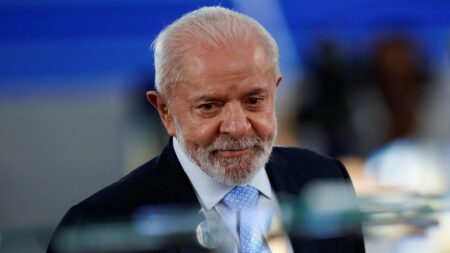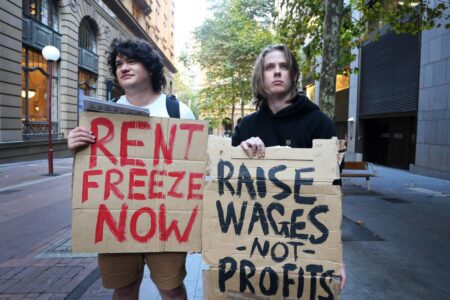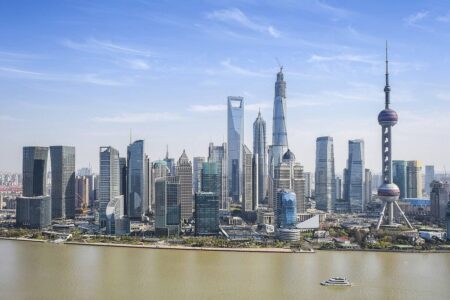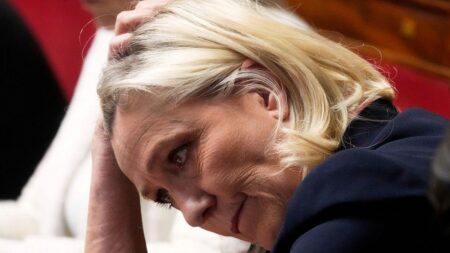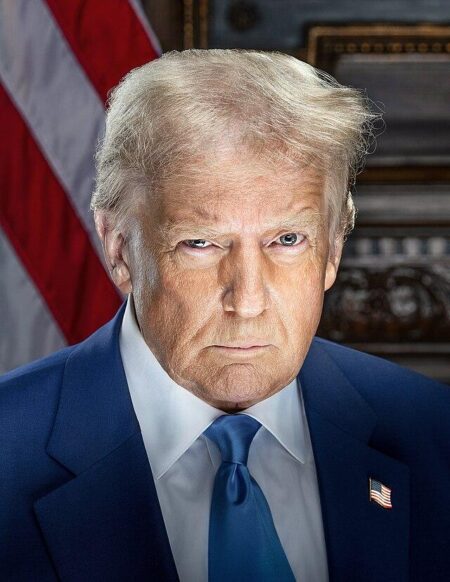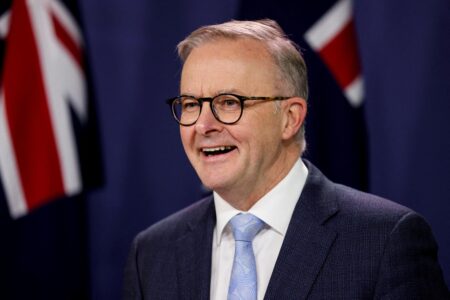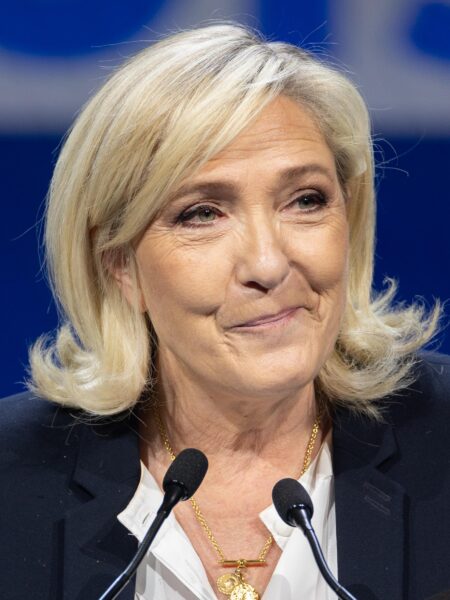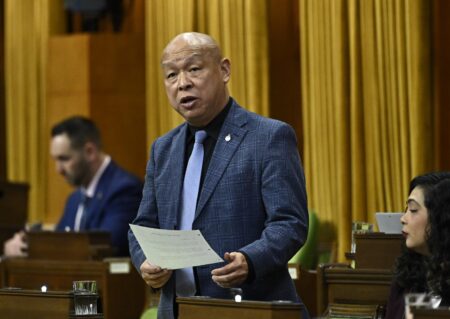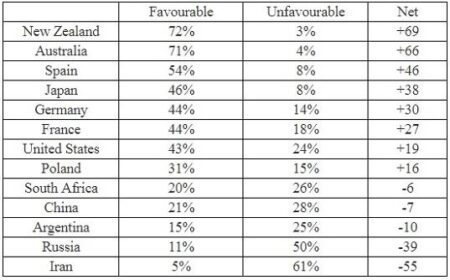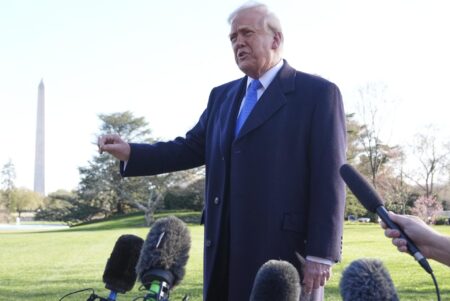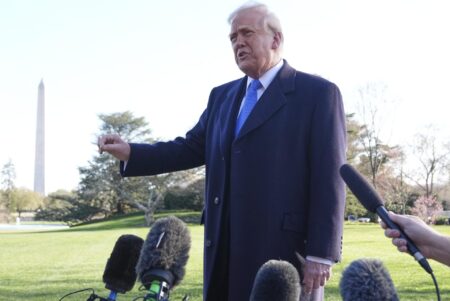Once heralded as the world’s most popular politician, Brazilian President Luiz Inácio Lula da Silva is now grappling with a significant drop in approval ratings. Critics point to economic struggles and rising inflation as key factors in this decline.
Browsing: public opinion
As Australians head to the polls, the housing crisis looms large, with many describing the situation as “pretty diabolical.” Voters express frustration over soaring prices and inadequate supply, urging candidates to prioritize affordable housing solutions.
Pierre Poilievre’s central appeal as a staunch fiscal conservative is now facing scrutiny, with critics arguing that his rigid stance on economic issues alienates moderate voters. This evolution could impact his campaign’s viability in upcoming elections.
In a significant shift in German politics, the far-right Alternative for Germany (AfD) has topped the polls for the first time, posing a challenge to Chancellor-in-waiting Friedrich Merz. This development signals rising support for nationalist sentiments amid national debates.
Jacinta Nampijinpa Price has pledged to “make Australia great again,” criticizing the media for what she perceives as an obsession with former President Trump. Her remarks come amid ongoing debates over national identity and governance within Australia.
Life in Shanghai, China’s bustling commercial hub, continues amid a backdrop of rising anti-US sentiment. As local businesses adapt to shifting geopolitical tensions, residents express growing frustrations over US policies, impacting social dynamics and commerce.
In a strategic move ahead of the upcoming elections, Marine Le Pen is intensifying her rhetoric, aiming to leverage social divisions in France. Analysts warn that her approach may deepen societal rifts as she seeks to consolidate power for her party.
In a rapidly evolving media landscape, diverse sources reinforce political divides, shaping perceptions and beliefs. The impact of tailored information on our psychology reveals how fragmented narratives contribute to polarization, challenging dialogue across divides.
The Alternative for Germany (AfD) has surged to prominence, becoming the country’s most popular party amid rising concerns over immigration and economic instability. Analysts attribute this momentum to a growing discontent with traditional political parties and their handling of pressing issues.
Recent surveys by the Pew Research Center reveal shifting American attitudes towards trade. While views on trade with Canada and Mexico remain largely positive, concerns about the U.S.-China trade relationship have intensified, reflecting broader economic anxieties.
In the wake of escalating trade tensions, former President Trump must remember the core issues that drove his election: American voters prioritize economic stability and affordable prices. A trade war could jeopardize those gains, alienating the very supporters he needs.
Australia’s Prime Minister has seen a notable increase in approval ratings, fueled by public reaction to recent tariffs imposed by former President Trump. Analysts suggest the economic implications are swaying voters in favor of the PM’s policies.
Marine Le Pen’s recent ban from public office has intensified divisions within French society. Supporters view it as a crucial step against extremism, while opponents argue it undermines democratic discourse, deepening the nation’s political rift.
In PM Keir Starmer’s constituency, tensions have escalated amid rising pro-Palestine activism. As protests gain momentum, local community reactions reveal a divide, prompting discussions about free speech and political responsibility within the Labour party.
Mark Carney faces scrutiny following comments made by a Liberal MP regarding a controversial bounty in China. Critics are calling for clarity on his stance, raising concerns over foreign policy implications and the government’s approach to international relations.
A recent AP-NORC survey highlights that the UK and Canada are perceived as the United States’ closest allies. This strong alliance reflects shared values, security cooperation, and economic ties, reinforcing the importance of transatlantic relationships in global politics.
In a surprising shift, many voters who anticipated feeling shame and anger regarding Donald Trump’s presidency now express a sense of gratitude. This perspective highlights a reevaluation of Trump’s impact on political engagement and discourse in America.
In a landmark decision, Spain formally legalized euthanasia, joining a growing list of countries that allow this practice. The law reflects shifting societal attitudes towards end-of-life choices, sparking both support and ethical debate across Europe and America.
Brazil’s top court is set to determine whether ex-President Jair Bolsonaro will face legal charges related to his actions during his presidency. The ruling could lead to significant political ramifications and reshape the future of Bolsonaro’s controversial legacy.
Donald Trump’s recent actions and rhetoric may be inadvertently bolstering liberal sentiments in Canada. His controversial policies and divisive statements are energizing progressive movements, creating a rallying point for Canadian liberals as they seek to differentiate their values from his administration.

